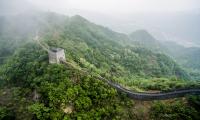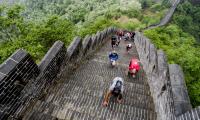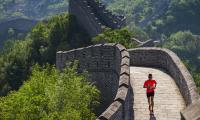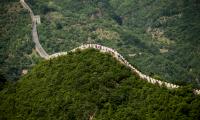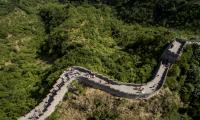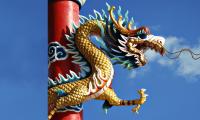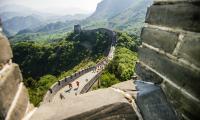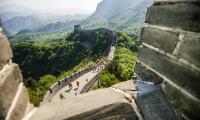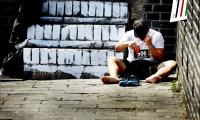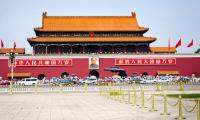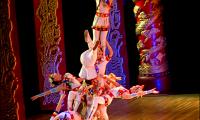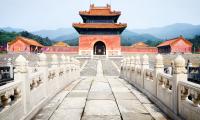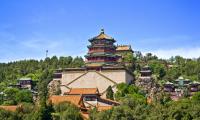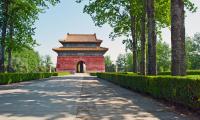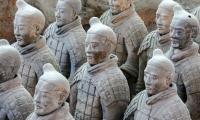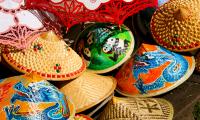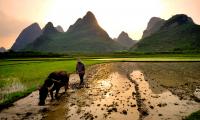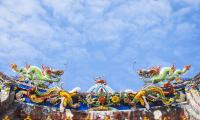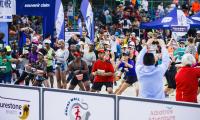Destination Guide
If you do not find the answer you're seeking, feel free to contact us with your question.
LanguageChinese and local languages |
Capital CityBeijing |
Inhabitants1.37 billion |
ReligionTaoism, Confucianism and Buddhism |
CurrencyYuan (renminbi) |
Area9,596,960 sq. km. |
Estimating daily expenses
Since the cost of our travels includes most meals, you will not need to spend a lot of money on food. A good meal at a local restaurant costs between USD 10 to 20 per person.
In terms of extra travel money, it is our experience that you can manage for approx. USD 15 to 30 per day. For this amount, you can cover the cost of supplemental drinks, snacks, postcards, stamps, etc. If you intend to purchase souveniors and gifts, plan to spend extra.
Tipping Guidelines
In general, tipping is neither expected nor required in China. However, the tourism industry has changed with the influx of Westerners, and it is polite to tip both local guides and bus drivers a modest amount. Of course, tipping is never mandatory.
Electricity
On mainland China, you will find that three types of plugs are used: two narrow round pins, two flat pins of equal size and three-pronged angled pins. The most common style is “two flat pins of equal size”. If your device has two flat pins, but of differing sizes, a plug adapter must be used.
The types of sockets most widely used include Type A, I, C and F. Voltage in China is 220V/50HZ.
Many malls do sell power converters and adapters for travelers. If for some reason you find yourself in need of a device, many hotels will loan you an adapter.
If you are bringing a laptop or similar portable device to China, be sure to check the labeling on the power pack. It will describe the amount of voltage your laptop can handle, and if a voltage converter is required.
Telephone & Internet
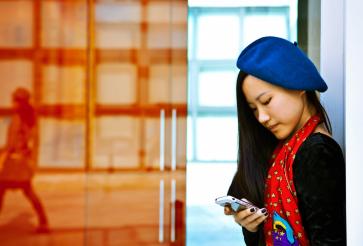
Telephone
The international country code for China is +86. The telephone and communication network is expanding rapidly in China, which means that it is easier and cheaper to make calls from abroad also with mobile phones. In general, mobile coverage is generally good in China’s cities, but less stable in remote and rural areas.
Before traveling, ask your service provider about the rates and roaming services that are available when visiting China. If you plan to use your phone in China, be sure the international calling service is unlocked.
Disposable phones and SIM cards can also be purchased in China.
Internet
Internet service is accessible from hotels and internet cafes in large cities and tourist areas, but is limited or non-existent in rural and remote areas.
Be aware that many popular websites are blocked in China, including Facebook, Twitter and YouTube. Similarly, access is restricted to Google. This means that the functionality of apps such as Google Maps or access to Gmail may be limited. Consider using a different navigational service or the tried-and-true paper map method to help you navigate in China.
Medical Facilities
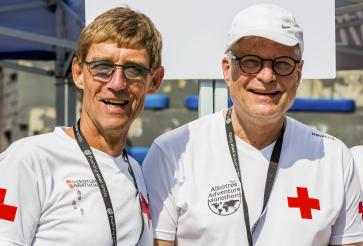
Medical assistance in general
It is advisable to purchase medical insurance that covers one of the international joint venture hospitals in many of the bigger cities like Beijing or Shanghai. If you fall ill, our guides and our office will assist in locating a suitable hospital.
Medical assistance during the marathon event
An international team of doctors and nurses is available prior to, during and immediately after the marathon event. The doctors patrol the route and can be found at the Yin and Yang Square.
Albatros Adventure Marathons (organizers of The Great Wall Marathon) will ensure that an English-speaking doctor/medical team is available for participants of our marathon events. If any treatment is unable to be carried out by the doctor and it is necessary to refer a participant to local medical facilities, the doctor/medical team and travel agency will not be held liable for any treatment carried out by staff from local medical facilities.
Food & Water
It is not safe to drink tap water in China without boiling it first. Most hotels will provide guests with bottled water or a kettle to boil water for drinking and brushing your teeth.
When out and about, you will find that bottled water is frequently listed on restaurant menus and available in convenience stores, so you won’t have to look far to find bottled water that is safe to drink. Unless you are at a reputable establishment, it is best to avoid ice cubes and stick with chilled bottled/canned drinks. Just to be on the safe side, fruits washed in tap water should be peeled.
Special Dietary Requirements
We understand that allergies and special diets are a common concern among our guests. We do our very best to accommodate any diet for medical, allergy or religious needs; however, we cannot guarantee that all dining establishments can fulfill special requests. As a result, we encourage our guests to take all necessary precautions during their travel.
Guests with special dietary requirements should inform their server upon arriving at the location. To facilitate this, we strongly recommend bringing a description of your dietary needs, which has been translated into the local language. When present, your Albatros tour leader can also help inform local eateries of any special requests.
If you require a special diet during your travel, please inform us by providing further information below.
Please note: This information must be received no later than 45 days before your tour begins.
Toilet Facilities
In China, most hotels have standard Western-style toilets. Similarly, you will may find Western-style toilets in the airport and certain tourist attractions. That being said, the majority of public restrooms in both larger cities and rural towns across China offer squat-style toilets.
It is also important to note, toilet tissue is rarely found in public restrooms. Carry your own supplies. When using any toilet in China (Western-style or squat), do not flush the paper! To avoid any potentially embarrassing or overflowing toilet situations, be sure to dispose of toilet tissue in the provided trash bin.
Culture, Etiquette & Everyday Customs
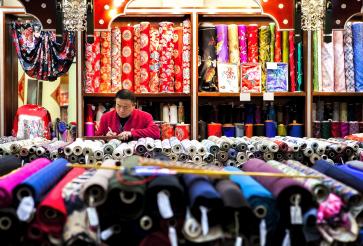
The Chinese do not eat to live, but live to eat. Chinese restaurants have a good atmosphere and generally a slightly different sound level than you are used to from home. Dining often occurs around at large round tables equipped with a turntable, which makes it ease to sample a variety of dishes. In respect for Chinese beliefs and tradition, never place the chopsticks vertically into the rice bowl as this is associated with death and accident.
During the trip, you will have ample opportunity to bargain with the Chinese. It is typically expected that shoppers haggle about the price when browsing markets and stalls. This is a very social event and, in some situations, it may be considered rude, if you do not bargain for the price.
The Chinese regard the inability to control oneself and one's emotions as impolite and generally unacceptable. As a tourist, do your best not to show anger or beome overly excited. If you find yourself in a situation where you feel misled or mistreated, we suggest contacting your tour leader, who can helpresolve the situation.
Language
The shortest distance between two people is often a smile, and this is true in China as well. The Chinese are friendly and generally have easy laughter. They are also often very interested in talking to tourists as this is a way to practice English.
Try learning a few words and phrases. The Chinese are proud of their language and think it is fun when tourists can say a few things in Chinese. Being able to say 'good morning', 'thank you', 'goodbye' or 'I want to ask for two beers' almost always brings a smile to the Chinese.
Traffic Safety
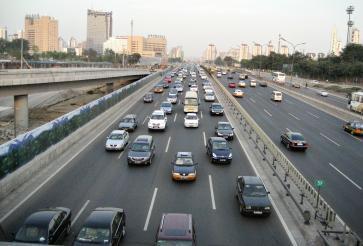
Chinese traffic can seem rather chaotic due to frequent lane changes. The thoroughfares in larger cities, such as Beijing, are wide and heavily trafficked. When crossing the street be sure to use a crosswalk and try to make eye contact with motorists who need to make a right turn at intersections. Unlike some other countries, it is legal to turn right on a red light in China.


